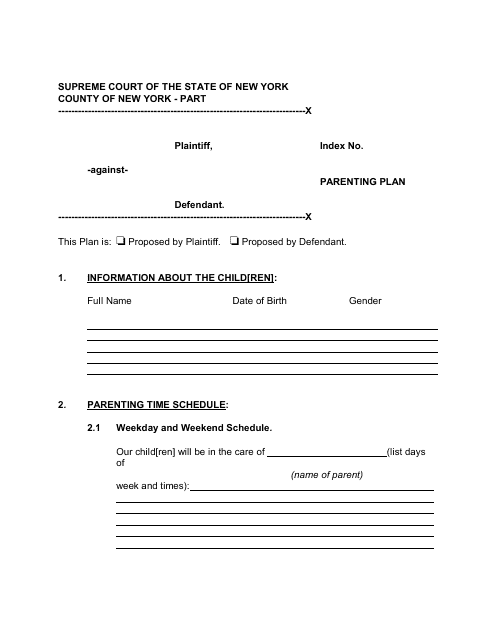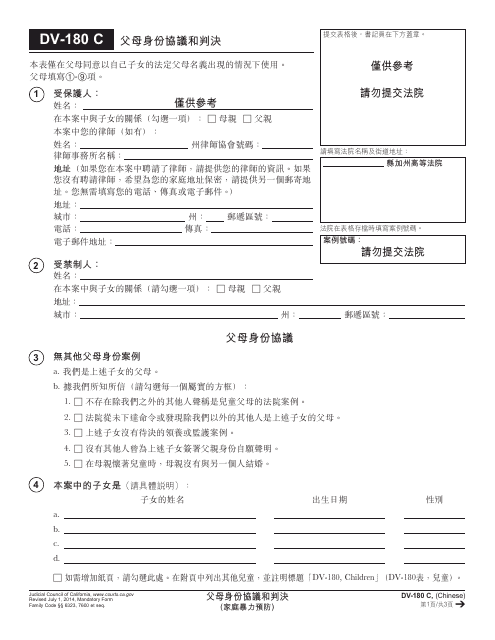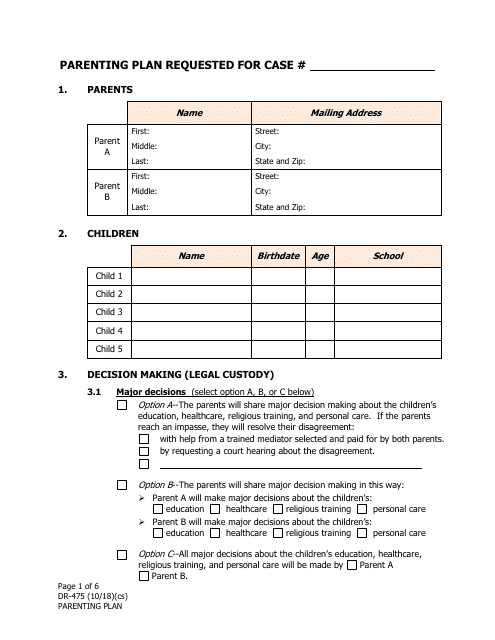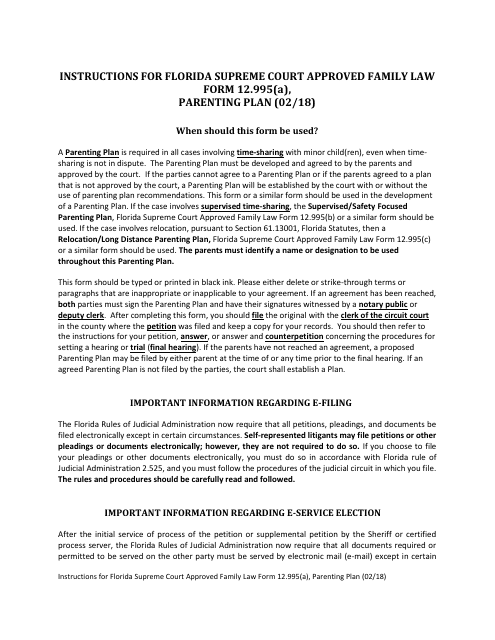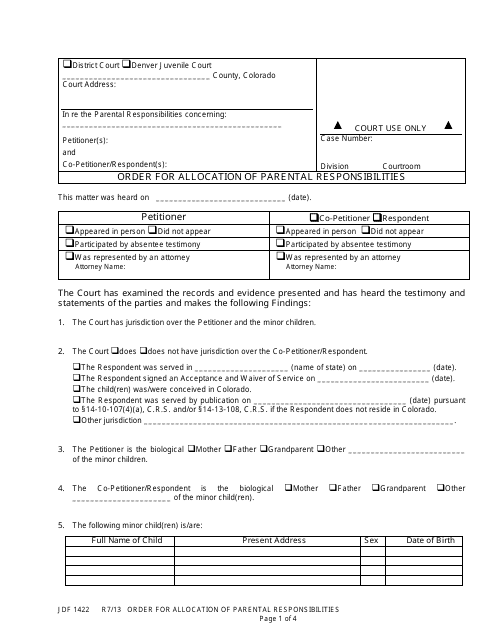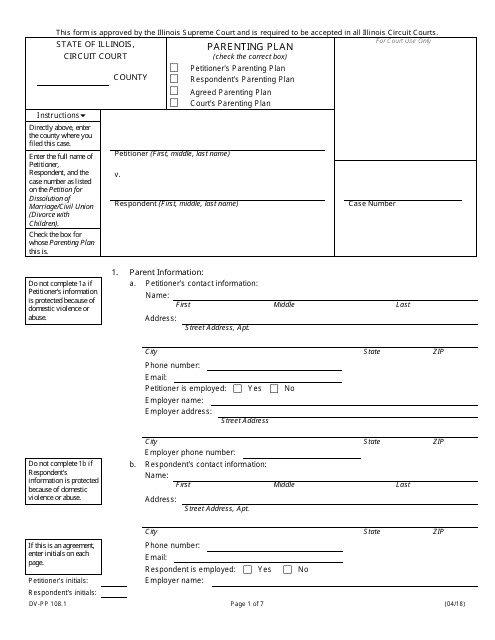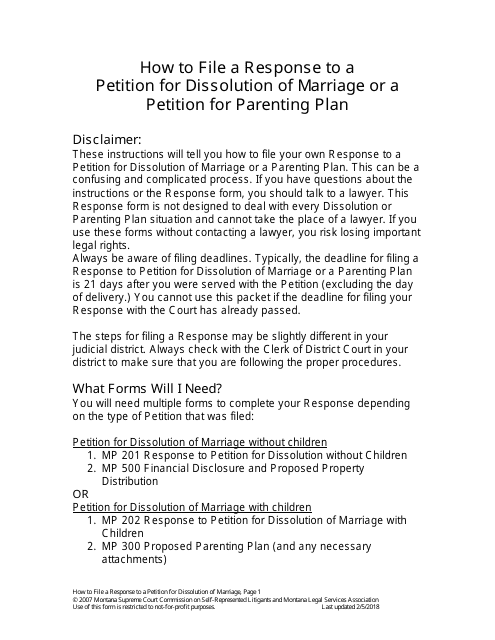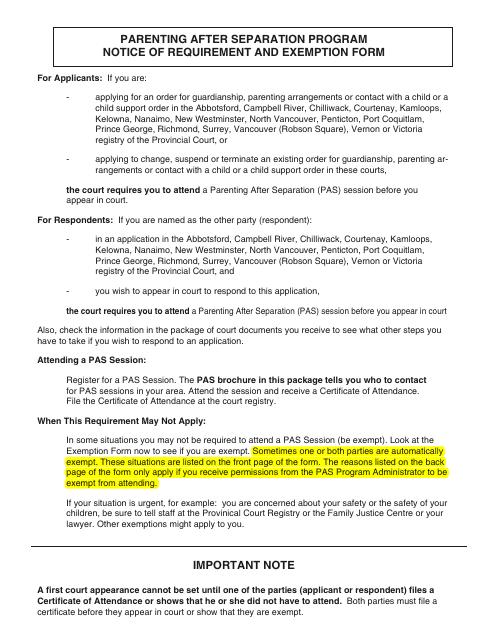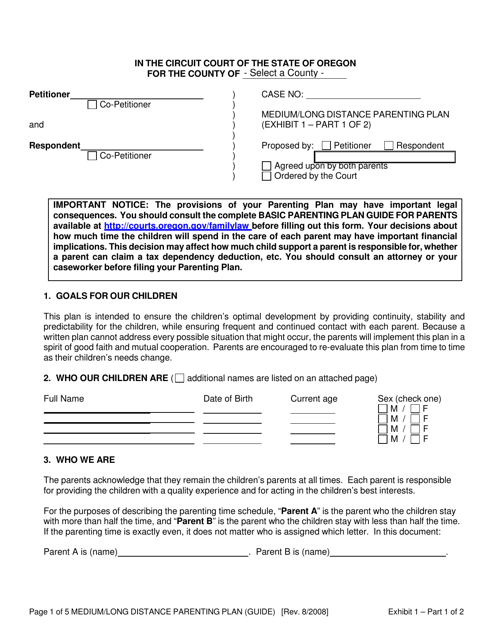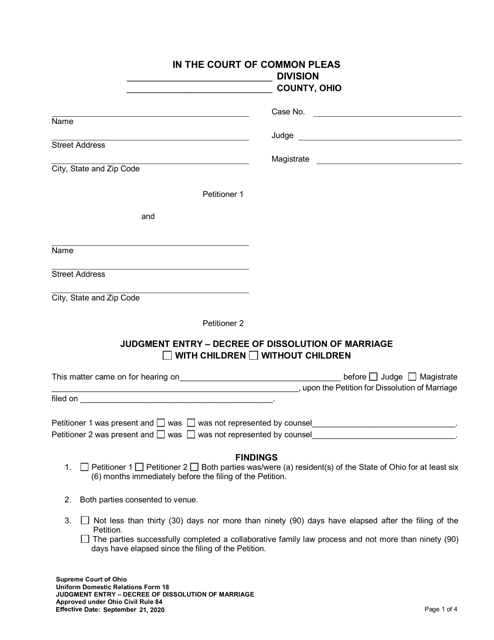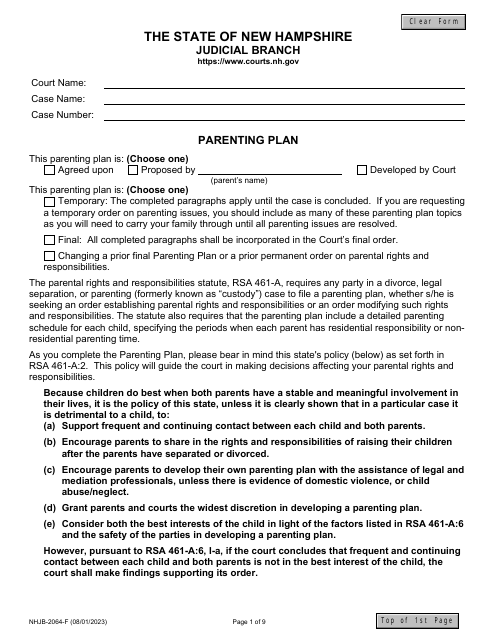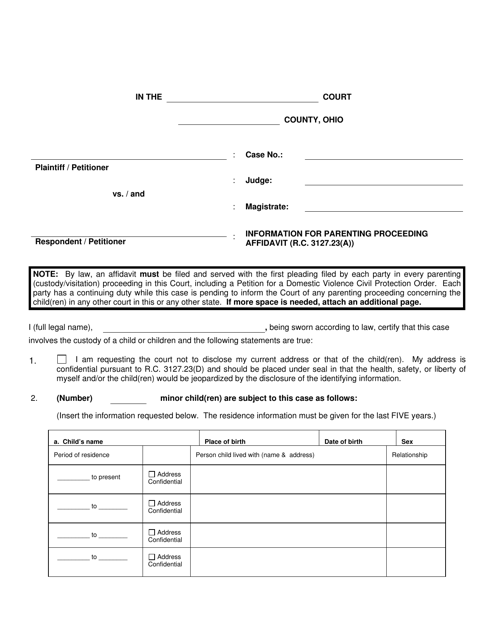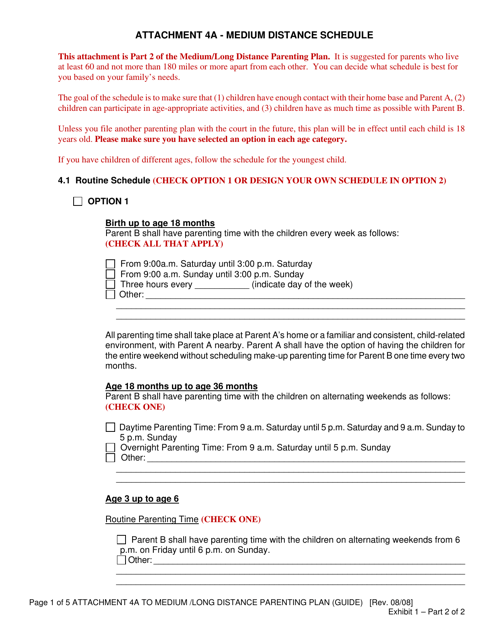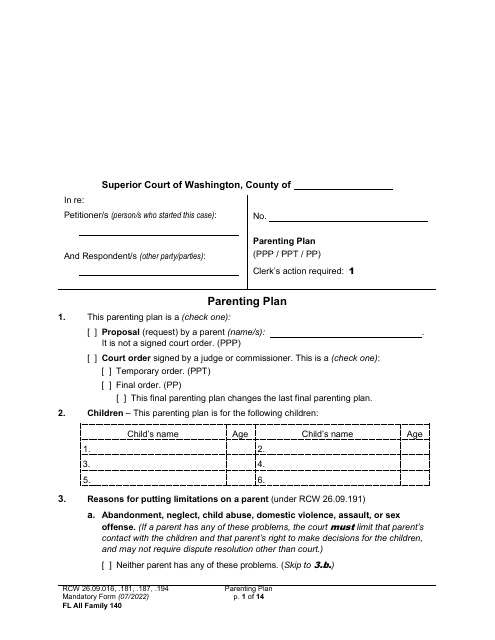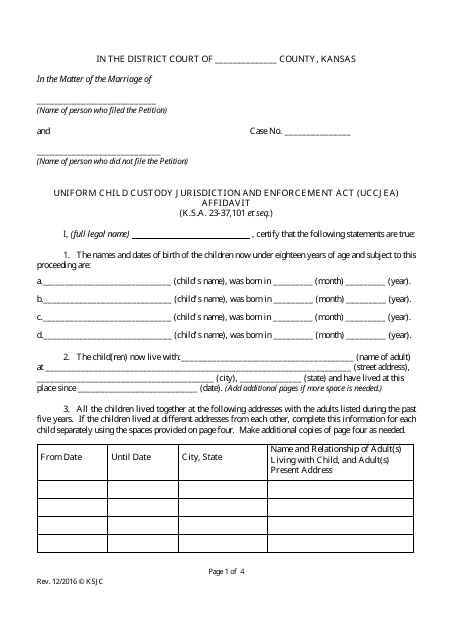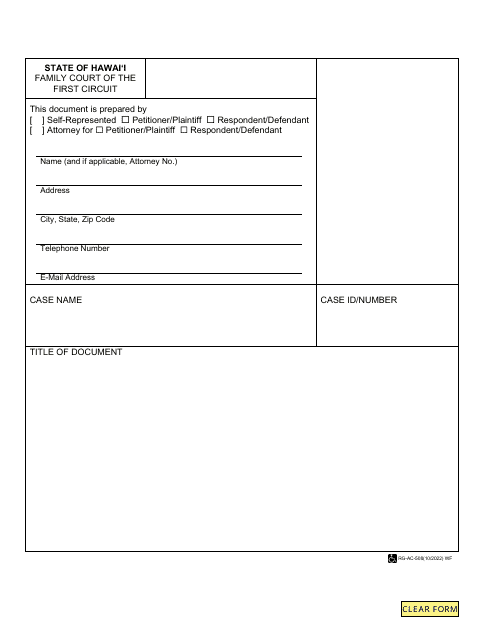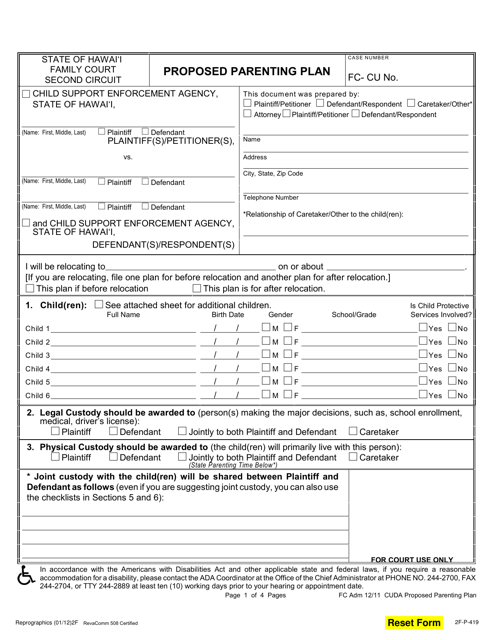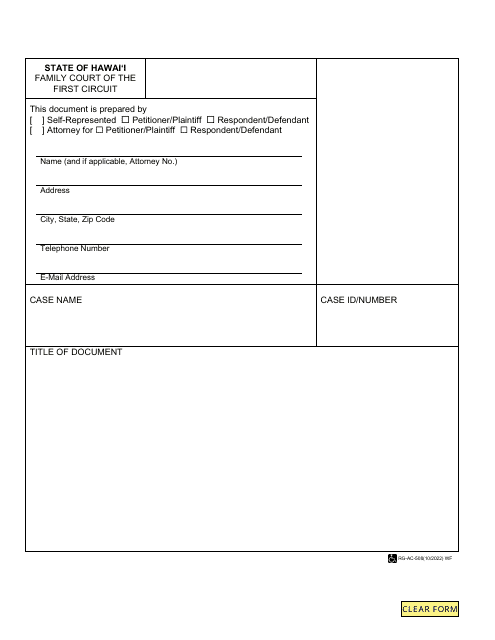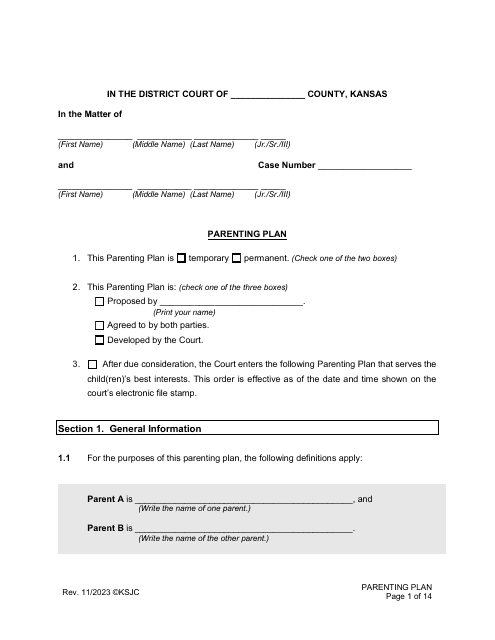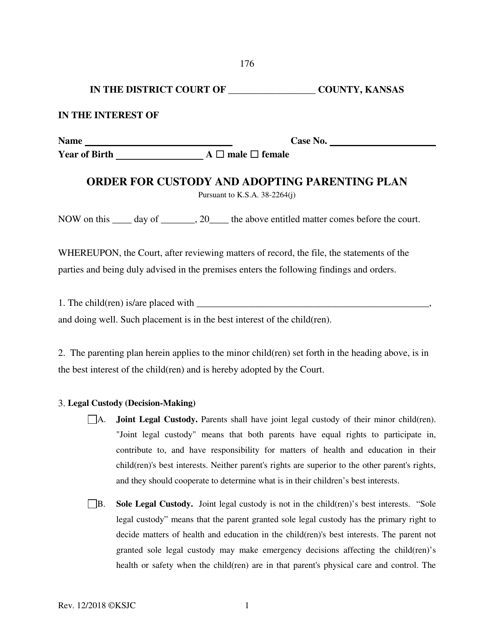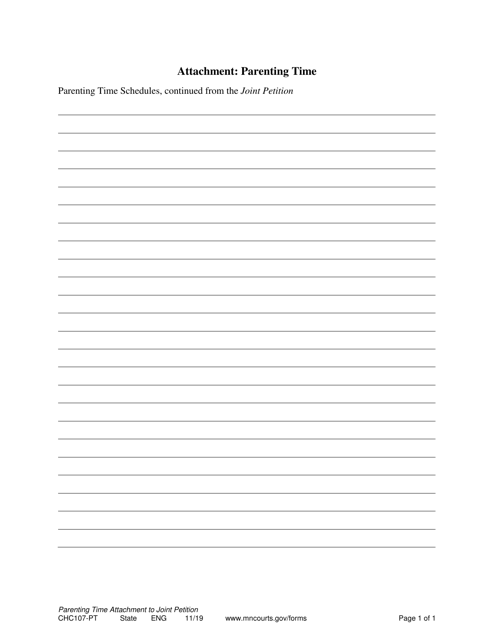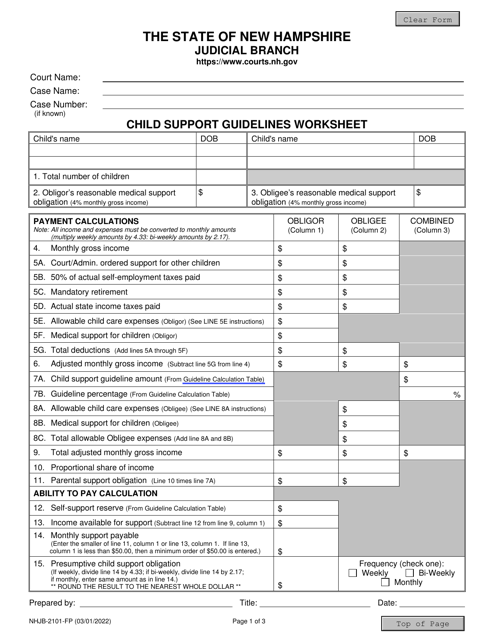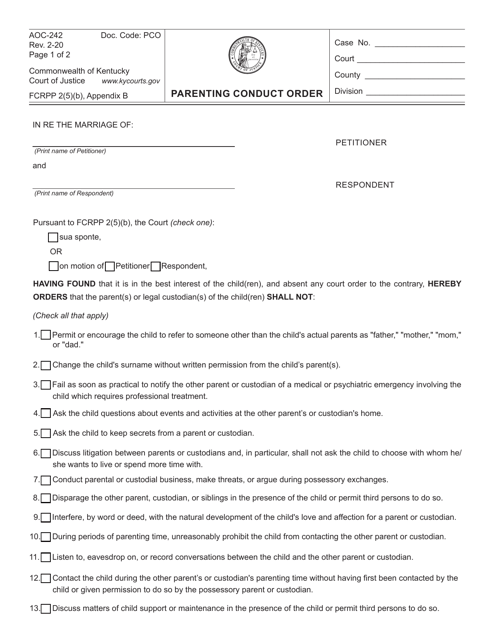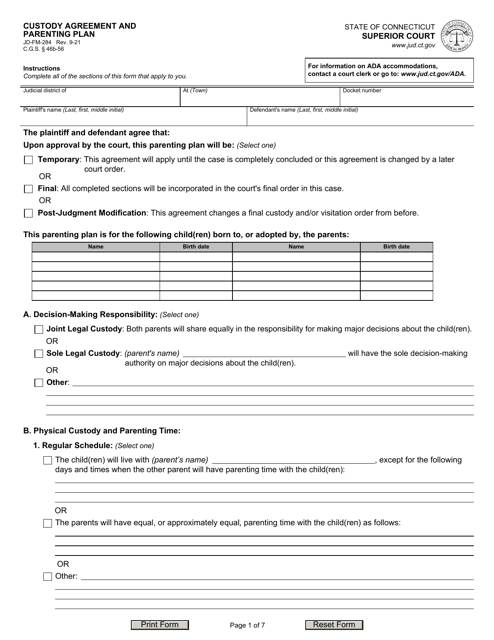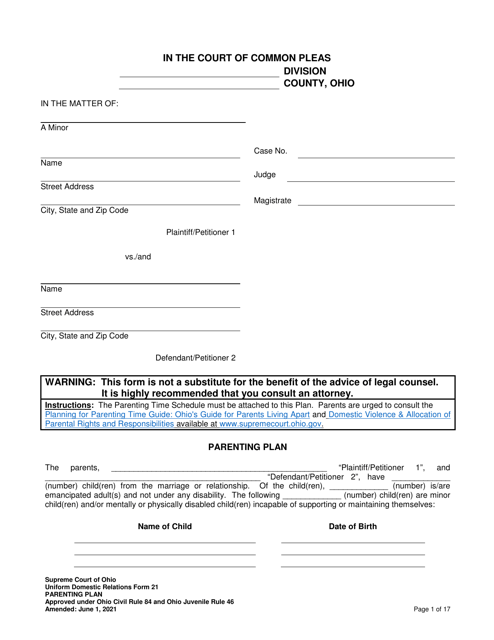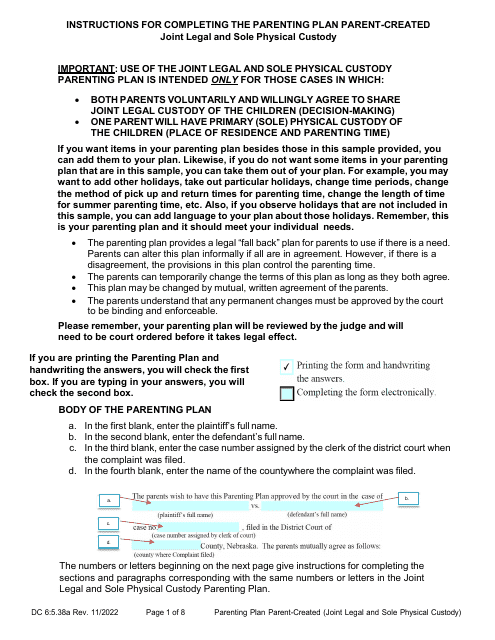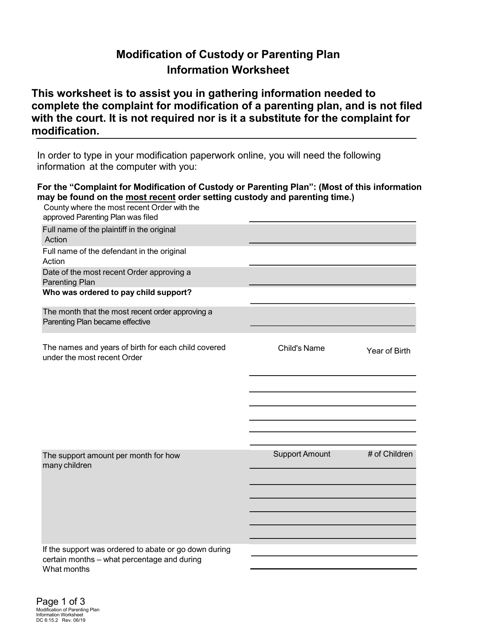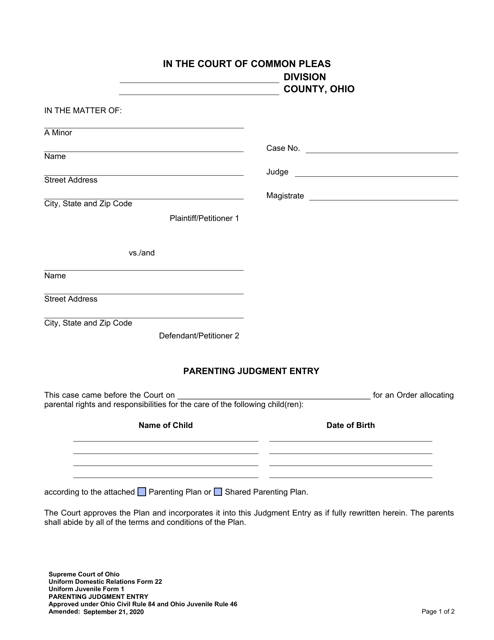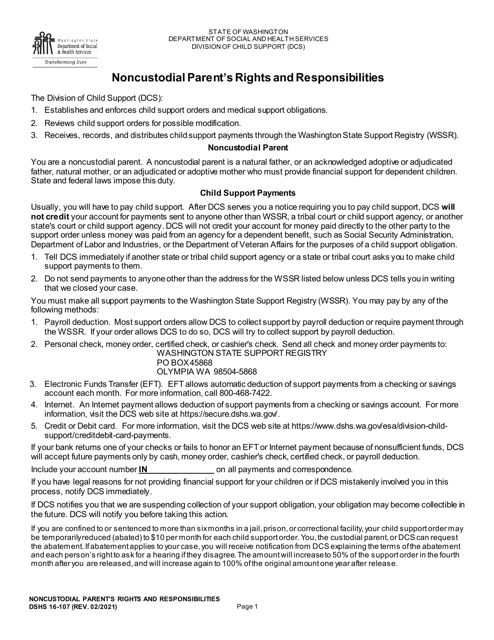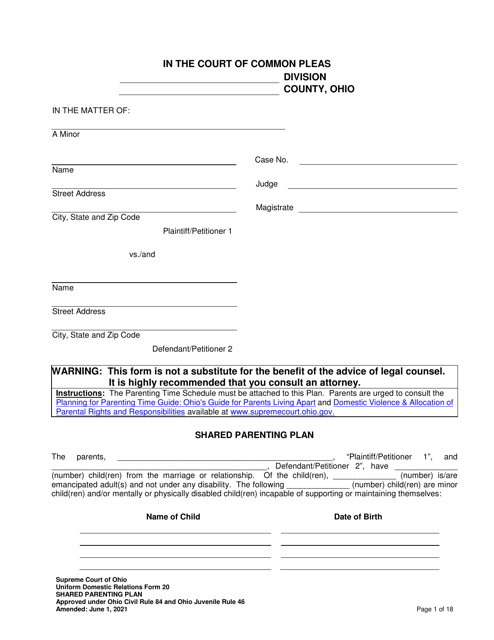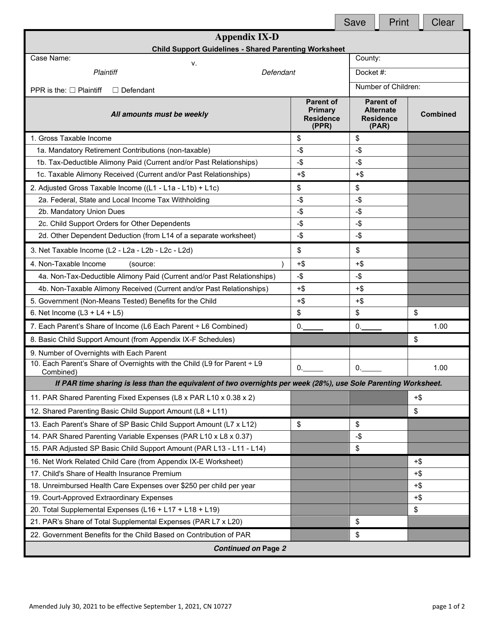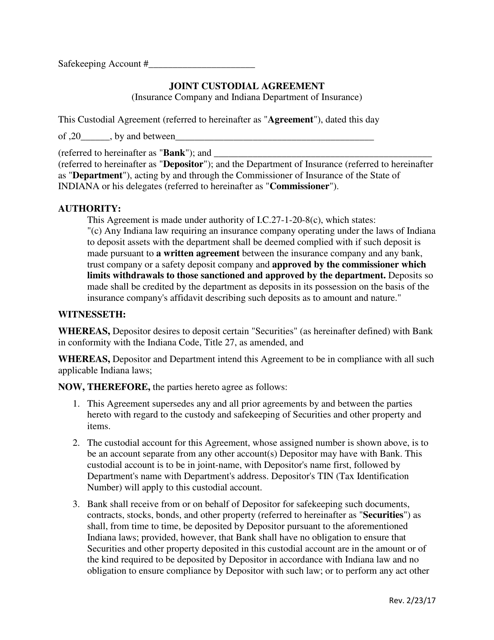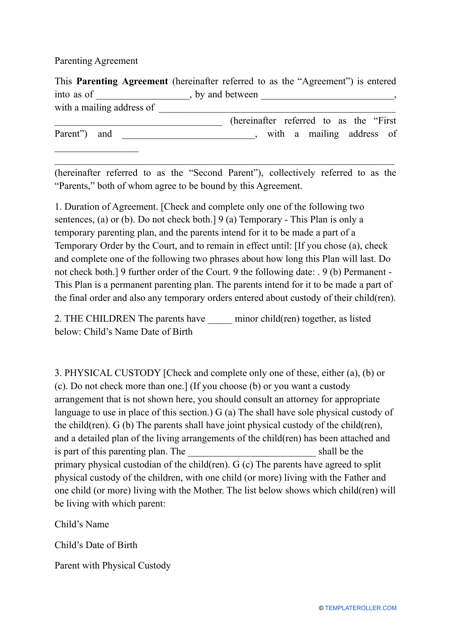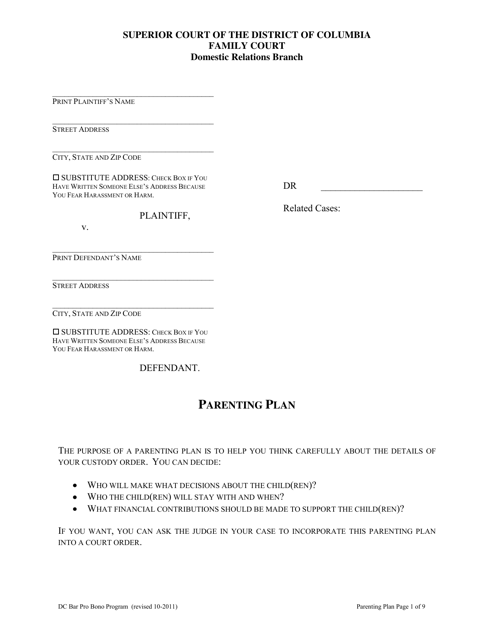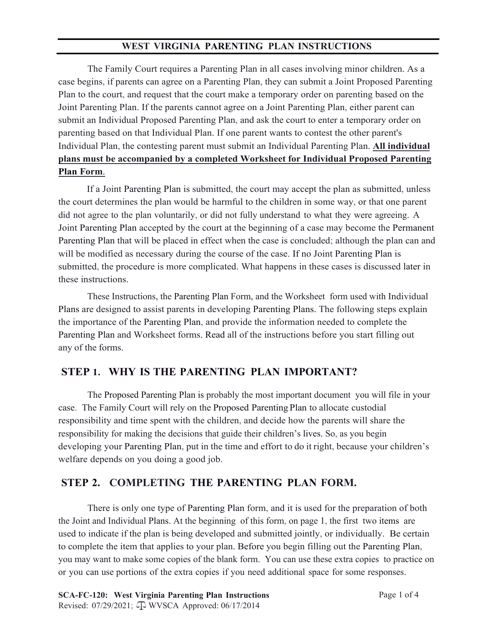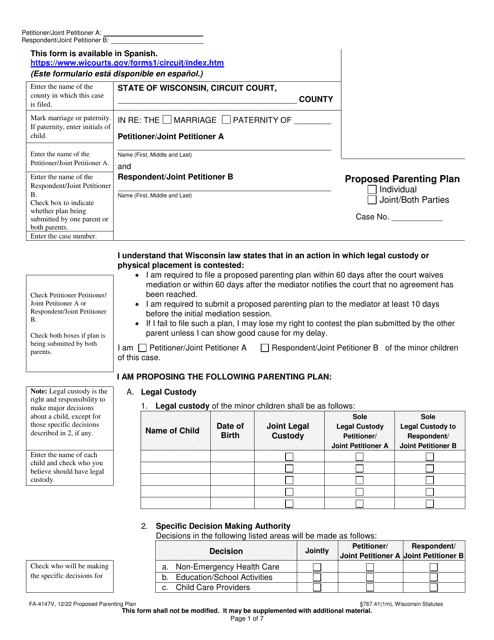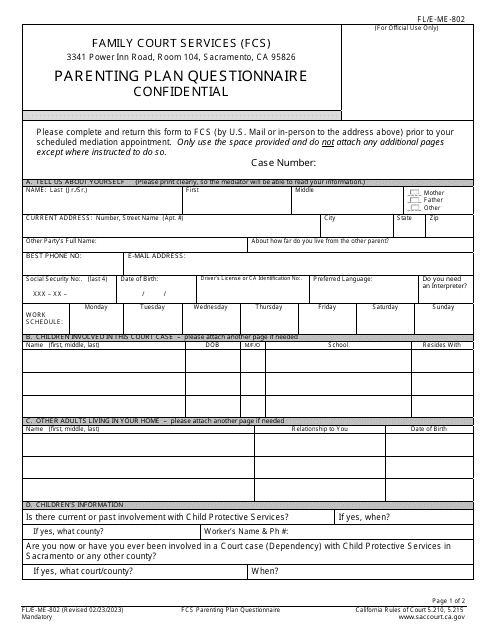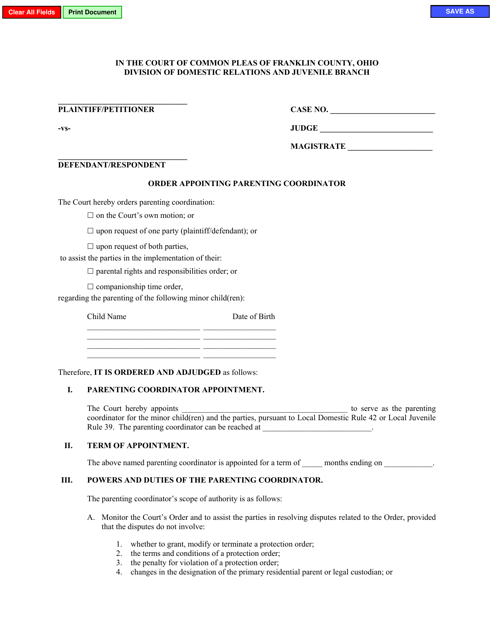Shared Parenting Templates
Shared parenting, also referred to as joint custody or co-parenting, is a set of legal documents that outline the rights and responsibilities of both parents in the upbringing of their children. These documents are designed to ensure that both parents are actively involved in the care and decision-making processes, promoting the best interests of the child.
Shared parenting arrangements aim to create a supportive and stable environment for children, allowing them to maintain close relationships with both parents after separation or divorce. These documents provide a framework for residential schedules, communication protocols, and decision-making processes, taking into account the unique dynamics of each family.
By creating a detailed plan for shared parenting, parents can minimize conflict and confusion, providing a sense of security and stability for their children. The documents address various aspects, including visitation schedules, holidays, vacations, and parental responsibilities.
Shared parenting documents vary by jurisdiction, but some commonly used forms include Attachment 4A Medium Distance Schedule (Basic Parenting Plan Form) in Oregon, Agreed Allocation of Parental Responsibilities With Support in Jackson County, Illinois, Form FL All Family140 Parenting Plan in Washington, Form 1F-P-859 Proposed Parenting Plan in Hawaii, and Form NHJB-2061-F Parenting Petition in New Hampshire.
When it comes to shared parenting, having legally-binding documents in place can offer peace of mind for both parents, as well as provide clear guidelines for navigating the often challenging post-separation parenting journey. By giving parents the tools they need to work together effectively, shared parenting documents can contribute to the well-being and happiness of the entire family unit. So whether you call it shared parenting, joint custody, or co-parenting, these documents are an essential tool for separated or divorced parents seeking to prioritize the needs and best interests of their children.
Documents:
59
This document outlines the schedule and responsibilities of each parent in a child custody arrangement in the state of New York. It ensures that both parents are involved in making decisions and provides guidelines for visitation and child support.
This document is used for an Agreement and Judgment of Parentage in California, specifically for Chinese speakers. It is a form where parents come to an agreement regarding their child's parentage, and then submit it to the court for approval and enforcement.
This Form is used for creating a parenting plan for parents in Alaska who are separating or divorcing.
This form is used for creating a parenting plan in the state of Florida. It helps divorced or separated parents outline their agreement regarding child custody and visitation.
This form is used for parents in Colorado to allocate parental responsibilities for their child.
This Form is used for creating a parenting plan in Illinois. It helps parents establish custody arrangements and outline their responsibilities for the care and upbringing of their children after a divorce or separation.
This Form is used for filing a response to a petition for a parenting plan in the state of Montana.
This form is used to request an exemption from the Parenting After Separation program in British Columbia, Canada.
This document is used for parenting proceeding affidavit in the state of Ohio. It is required for parents involved in child custody or visitation cases to provide information about their relationship with the child.
This document is a basic parenting plan form for parents in Oregon who live a medium distance apart. It provides a schedule for visitation and parenting time arrangements.
This Form is used for creating a proposed parenting plan in Hawaii. It outlines the arrangement for child custody and visitation between parents.
This document is used in Kansas for ordering custody and adopting a parenting plan.
This document is an attachment to Form CHC107-PT and is used for recording parenting time arrangements in the state of Minnesota.
This form is used for obtaining a parenting conduct order in the state of Kentucky.
This document is used for modifying custody or parenting plans in Nebraska. It includes a worksheet for providing updated information.
This document is used for a parenting judgment entry in Ohio for domestic relations and juvenile cases.
This Form is used for defining the rights and responsibilities of a noncustodial parent in the state of Washington.
This document outlines the terms and conditions for joint custody arrangements in Indiana. It establishes the responsibilities and rights of both parents in raising their child together.
This document outlines information regarding the custody of a child between their two parents.
This document is used for creating a parenting plan in Washington, D.C. It outlines the custody and visitation arrangements for parents who are separating or divorcing.
This document is used for creating a parenting plan in West Virginia. It provides instructions on how to fill out Form SCA-FC-121 to establish a parenting plan for parents who are divorcing or separating and have children.
This document is used to officially appoint a parenting coordinator in Franklin County, Ohio. A parenting coordinator helps parents resolve disputes and create a parenting plan for their children.

